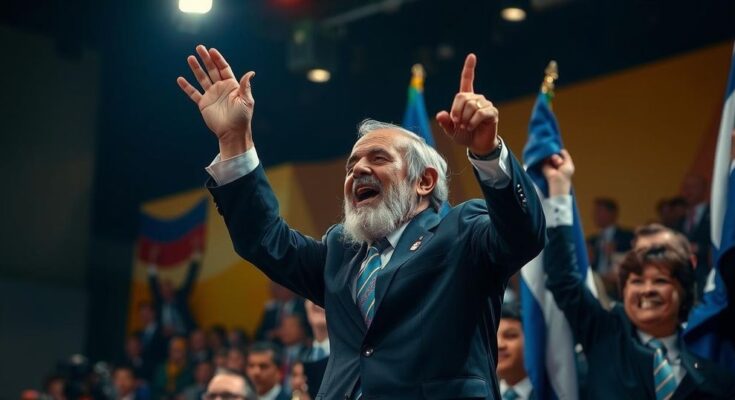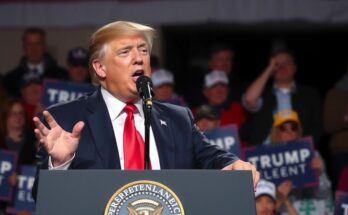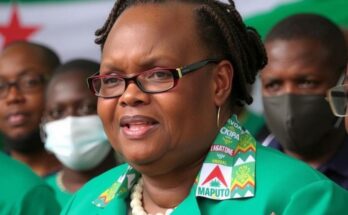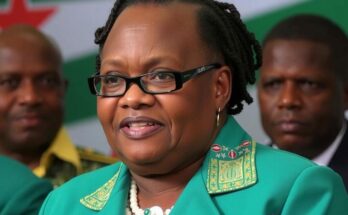Yamandu Orsi of the left-wing Broad Front won Uruguay’s presidential run-off, defeating Alvaro Delgado. The election occurred after a prior dead heat and marked the return of the Broad Front after four years. Orsi’s agenda focuses on combating poverty and improving safety, gaining strong public support.
Yamandu Orsi, representing the left-wing Broad Front coalition, has emerged victorious in Uruguay’s presidential run-off election against Alvaro Delgado of the ruling National Party. The race was intensely competitive, characterized by a dead heat prior to the election day. As results began to reflect Orsi’s lead, his supporters celebrated in Montevideo, rallying under the Broad Front’s banner. This victory marks the return of the Broad Front to power after a four-year hiatus, following 15 years of leadership that ended in the 2019 elections. Under the law, outgoing President Luis Lacalle Pou was unable to seek re-election, leading to Delgado’s candidacy. Despite initial uncertainties, Delgado conceded defeat early, signalling a transition of power, while Orsi committed to addressing significant socio-economic issues during his upcoming term, including poverty and public safety.
Yamandu Orsi’s campaign emphasized economic recovery, proposing measures to increase salaries for low-wage workers and enhance educational opportunities for children. Surveys indicated that crime and unemployment were major concerns for voters, prompting Orsi to pledge a stronger police force and better security for the nation. His political background includes serving as mayor of Canelones, where he initially built his reputation as an educator and activist. The race for the presidency underscores Uruguay’s desire for effective governance amid pressing challenges.
The recent presidential election in Uruguay highlights the country’s significant political shifts. The Broad Front coalition, known for its progressive policies, had previously held power from 2005 to 2020, led by notable figures such as Jose Mujica and Tabare Vazquez. However, a political transition occurred in 2019 when Luis Lacalle Pou, from a coalition of right-leaning parties, won the presidency. Under Uruguayan law, presidents are prohibited from consecutive terms, paving the way for Alvaro Delgado’s candidacy in 2024. As public concerns about poverty and crime affected voter sentiment, the election became a crucial event for the nation’s future direction, reflecting an electorate eager for effective responses to pressing social issues.
In conclusion, Yamandu Orsi’s victory in Uruguay’s recent presidential election signifies a shift back to the left for a country navigating complex socio-economic challenges. His proposals promise to tackle widespread poverty and insecurity, critical issues that resonated with voters during the election. The Broad Front’s resurgence in power reflects a broader desire for social equity amongst the Uruguayan populace, highlighting the importance of governance responsive to citizen concerns.
Original Source: www.aljazeera.com




